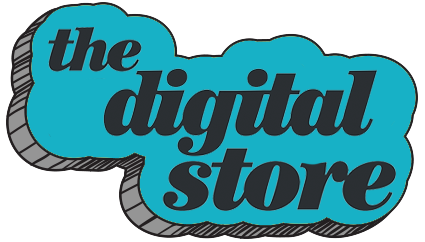Advertising needs to stop
Advertising needs to stop behaving like it’s still the hottest job in town.
From 70 hour weeks to active ageism born out of a reluctance to pay a proper wage, there's no denying advertising is rapidly losing its sheen. John Halpin argues it's time workers realised their worth.
If you’ve been around advertising for the best part of a decade, you’ve probably noticed it’s losing some of its lustre. I’m not talking about the value of Cannes Lions or questions about media transparency. I’m talking about where your career is heading.
For the first part of that decade, it was ‘work hard/ play hard’ with your colleagues. The job was its own reward (because the money wasn’t), and you were progressing up the ranks. More recently, you’ve developed valuable expertise and a reputation for winning and keeping business.
You’re regularly recognised for your leadership, and although you’re humble about it, you know your relationships are the main reason those clients have stuck with the agency. There’s a lot more work, a lot less play; and yet the pay is still lagging behind where you think it should be.
Did you do something wrong? Insult your boss? Park in the HR director’s spot or something?
For a ‘cutting edge industry’, advertising still works on a traditional business and remuneration structure which patently doesn’t work in the 21st century employment market.
It’s the classic pyramid, based on a hierarchy of doing one type of job and working your way to the top, most likely by flogging yourself with crazy hours each week. It’s the same as a factory worker in Victorian England, but with a little less soot.
The industry behaves like it’s still the hottest job in town. It’s not. A quick glance at the ‘Best Places to Work’ list shows there are dozens of startup and IT firms offering their workers more dynamic environments. Places where staff can have both an impact on the business and a positive impact on society.
The alternate view that’s starting to emanate out of young ad execs is that they see it as a paycheck until their side hussle starts to pay for itself and they can get the hell out. Not exactly the attitude you want to cultivate around the office.
Clearly the traditional incentives of parties and booze are not enough. The industry’s culture is not reflective of the fulfillment people are increasingly seeking from their place of employment, particularly if they’re going to commit 50, 60, 70+ hours a week to it.
WPP’s recent introduction of new initiatives are commendable. Giving your staff some equity in your business while they scratch around to try and afford a house deposit is a lot better than fighting for the last banana in the fruit box. However, this sort of initiative needs to be the norm, not the exception.
You’re probably also aware of the ticking clock. It’s a sad fact that advertising is still an industry that actively discriminates against the ‘old’. If you haven’t made a senior management position by the time you’re 40, you’re either suffering under the well-documented equality issues the industry is grappling with or seen like the equivalent of a 1920s packhorse – your days are numbered.
As Darren Woolley recently highlighted, with the squeeze clients are putting on margins, your agency bosses would rather you leave so they can replace you with your newly-promoted junior, who they can still pay significantly less than you.
Ironically, clients also suffer, as they need more from their agencies than ever before. Cheap is great, but at such a transitional time for business and society as a whole, experience counts. The idea a single TVC is going to change your business is a myth from the ’80s.
Clients need people who have accumulated a wealth of experience across a range of workplaces and industries, who’ve been there and done it already. Thinking that’s driven by numerical facts. Grown ups they can trust to call bullshit when groupthink sets in.
The question that remains unanswered is: where to next?
The reality is you’re probably worth more than you think. As that great copywriter Oscar Wilde once wrote “experience is one thing you can’t get for nothing”. You’re the future of advertising. If you want to inherit it, then you need to make sure it’s worth inheriting.
The jobs and skills you need might change, but relationships are inherently human. You need to start talking about where the industry is heading in the next five years, and if it’s the direction you want to take. Because what management never tell you is that business is really about relationships, experience and courage. Where will yours take you?
By John Halpin
Ref: www.mumbrella.com.au

